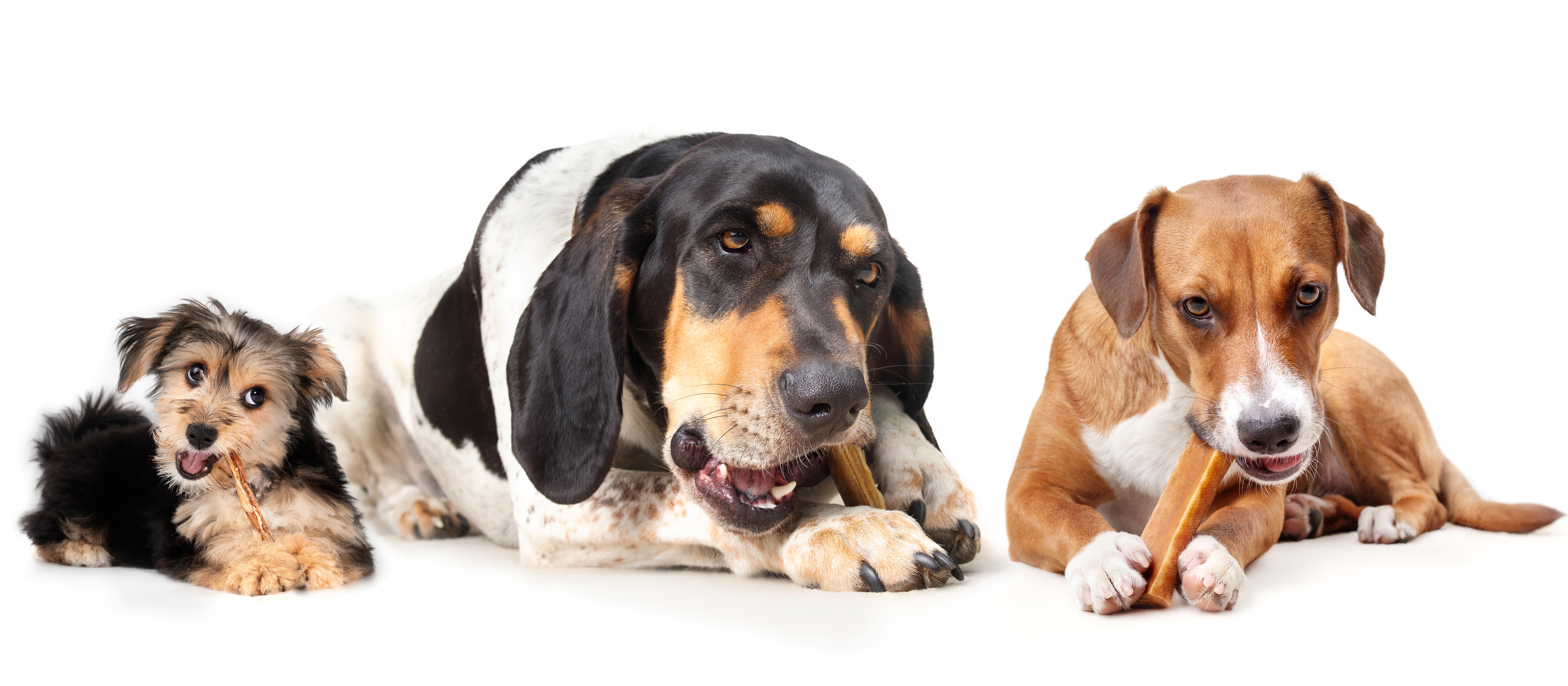Why do dogs chew so much – and should we let them?


‘Chew HQ' at the University of Sydney wants to hear from you about the private lives of your best friends. While this drives some owners mad, veterinary scientists suspect there must be functional reasons why your best friend chews bones, sticks, shoes, furniture, your hand. But science has largely overlooked the reasons why. To find out, Professor Paul McGreevy at the Sydney School of Veterinary Science is leading a study to explore the functional significance of gnawing (and chewing) in domestic dogs.
Organisation/s: The University of Sydney
Funder: Philanthropically funded.
Media release
From: The University of Sydney
Puppies and mature dogs chew. A lot – and not just while they are eating.
While this drives some owners mad, veterinary scientists suspect there must be functional reasons why your best friend chews bones, sticks, shoes, furniture, your hand. But science has largely overlooked the reasons why.
To find out, Professor Paul McGreevy at the Sydney School of Veterinary Science is leading a study to explore the functional significance of gnawing (and chewing) in domestic dogs.
He wants to hear from the dog-owning public what they give their pets to munch on.
Professor McGreevy said: “Gnawing is a common element of the canine behavioural repertoire, with feral dogs spending much more time chewing than hunting. So, the influence of gnawing on domestic dog welfare is likely to be highly significant.
“At first glance, we get the sense that this activity keeps dog’s teeth clean. But despite the importance that dogs place on gnawing, the activity has been largely overlooked by science.”
In veterinary behavioural medicine, gnawing is reported in association with distress and anxiety; as a part of destructive behaviour that can occur either when dogs are left alone or being confined, regardless of the presence of the owners.
“Gnawing could have potential as an indicator of welfare problems,” Professor McGreevy said.
“Furthermore, gnawing the wrong items can cause physical injuries to the teeth or gums and can result in the ingestion of foreign bodies if dogs chew inappropriate objects such as stones, sticks and fabrics.”
An understanding of the significance of chewing could see the development of new techniques to assist anxious dogs.
“Here at Chew HQ, as we've informally called ourselves, we are asking owners to tell us all about the types of chewable items they give their dogs to chew, tear and gnaw.
“We want to hear how often dogs are given these goodies and how they behave before and afterwards. We are also interested in the state of the dogs’ teeth and their gut function.”
Dog owners can complete the survey at this link.
INTERVIEWS
Professor Paul McGreevy is available for interview with his dogs Monkey and Buster. (See photo)
Recent Posts
Help calm your pet using entrainment and relaxation techniques
Dr. Cynthia Maro | Special to The TimesHow to get rid of pet hair in…
Minnesota lawmaker’s dog Gilbert among those dead after attack: ‘She needed him with her’
Gilbert, the 4-year-old golden retriever trained by Minnesota state Rep. Melissa Hortman to be a…
Dogs Trust warning over dogs in cars as it says ‘no safe time’
Dogs can’t regulate their body heat in the same way as humans, so extra care…
Man accused of killing his dad after he ‘performed sex act on dog’, court told
Ivan Sarawanskyj died at the age of 73 after suffering multiple injuries in a 'deliberate…
Appeal for information after cats found mutilated in Sliema
Parliamentary Secretary for Animal Rights Alicia Bugeja Said has condemned what she called “a needless…
I thought my £2,500 cocker spaniel puppy from an award-winning Crufts litter would be the perfect pet – but I’ve been left thousands out of pocket
A woman has revealed how her dream of getting a puppy during the coronavirus lockdown…


